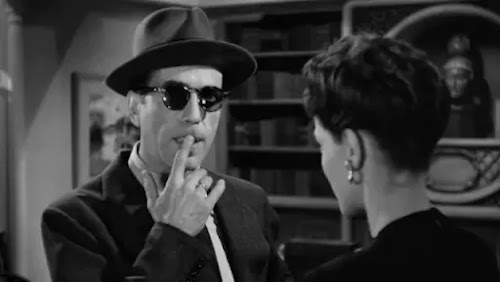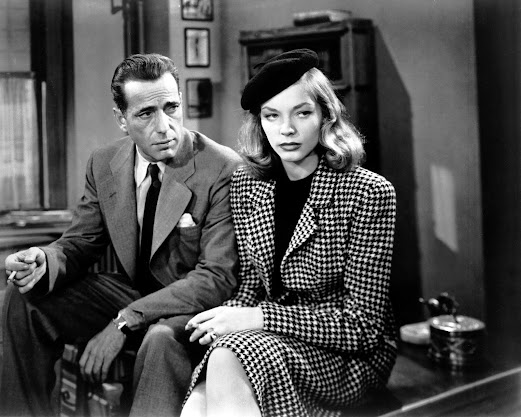Down With... Plot
If you have ever in your life been privy to a conversation about cutting-edge popular entertainment (especially film or television) you will almost certainly have encountered someone issuing dire warnings about spoilers.
People generally define a spoiler as something that gives away an important plot point or narrative twist - thereby "spoiling" the experience of actually watching (or reading) the work in question for themselves.
I urge caution at this point, because I know emotions on the internet can run high when discussing spoilers. (Actually, emotions on the internet run just as high when discussing brussels sprouts. Emotions don't really need an excuse to run high on the internet.)
The question of how much spoilers can actually spoil anything is a very personal one. I know that some people can't stand going into a drama knowing in advance that Hamlet is going to die, or that the Titanic is going to sink. But it sometimes feels that if you really want to live your life without knowing in advance that Darth Vader is Luke's father, or that Soylent Green is people, your best course of action is to switch off the internet, cancel your mobile phone contract and never read a book ever again.
Quite frankly, it can be difficult to have a conversation about any aspect of culture without giving something away, so there will inevitably come a time in everyone's life when they learn that Oedipus is married to his mother. (Freud named a whole complex after that one. The entire field of psycho-analysis is basically one big spoiler.)
There is, however, another school of thought about spoilers.
Maybe, just maybe, there are situations where spoilers don't matter; where they don't actually spoil anything.
It's reasonably safe to say that the vast majority of theatre-goers attending a new performance of Macbeth already know how it's going to end. But a really good drama isn't merely about "what happens next" or "how does it come out". If that were true then there would never be any point in reading or watching anything more than once.
You do occasionally encounter popular culture moments which recognise that not every plot twist is a spoiler.
Sometimes, marketing departments are quite happy to reveal fairly significant plot elements because they gamble that knowing such things will make people more interested, not less.
And then there's Raymond Chandler.
Chandler is (quite rightly) considered the patriarch of 20th Century "hard-boiled" detective fiction. His tough but lyrical prose style forms the archetype for the entire genre of modern crime stories - which makes it all the more interesting when you realise that his stories really don't have plots.
Consider The Big Sleep.
Detective Philip Marlowe has been hired by the elderly General Sternwood. The General is being blackmailed for reasons that are a little vague, and he wants Marlowe to... do something about it, I guess. Marlowe's investigation leads him to a pornographer (who promptly gets murdered) and there's some business about a mutual friend who may or may not be dead. Meanwhile, the General's chauffeur is murdered (we never do find out why) and there's some business about the General's younger daughter, Carmen. And Marlowe gets beaten up a lot. Quite a few people get shot.
The Big Sleep is completely spoiler-proof, because there is no plot to spoil. Nothing in the story makes any sense at all, but that isn't the point. Like a piece of modern music, it has tension, drama, substance and emotion, but no tune.
What the film version of The Big Sleep does have is Humphrey Bogart and Lauren Bacall practically setting the screen on fire.
It has some of the punchiest dialogue ever written for a noir drama and it has a series of memorable and menacing supporting characters.
Who cares if the plot makes no sense?
Spoiler alerts work both ways. If revealing the plot in advance can spoil a film, then what happens when there is no plot? The Big Sleep is a complex, juicy, full-course meal of a film. It represents Bogart, Bacall and director Howard Hawks at the very peak of their careers, and it rewards repeated viewing.
And it cannot be spoiled, because there is nothing that can be summarised in a glib "plot synopsis". The only way to experience The Big Sleep is to actually experience it. You still won't know who killed the chauffeur, or what exactly happened to Sean Regan, or whether Eddie Mars had ever met Carmen before, but who cares? That's not what any of this is about.
You'll be able to judge for yourself when we screen The Big Sleep at (spoiler alert!) 7.30pm on Thursday, the 20th of July at the Victoria Park Baptist Church.
















Comments
Post a Comment